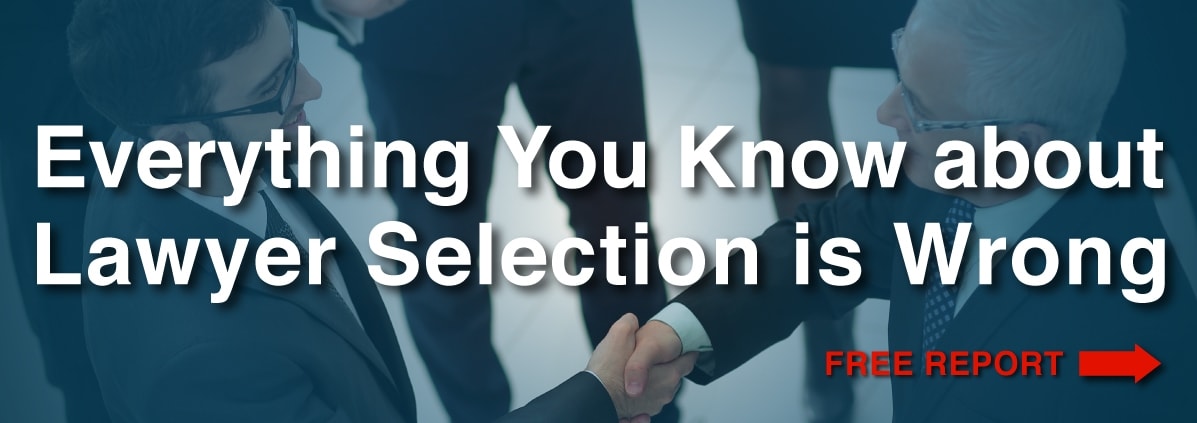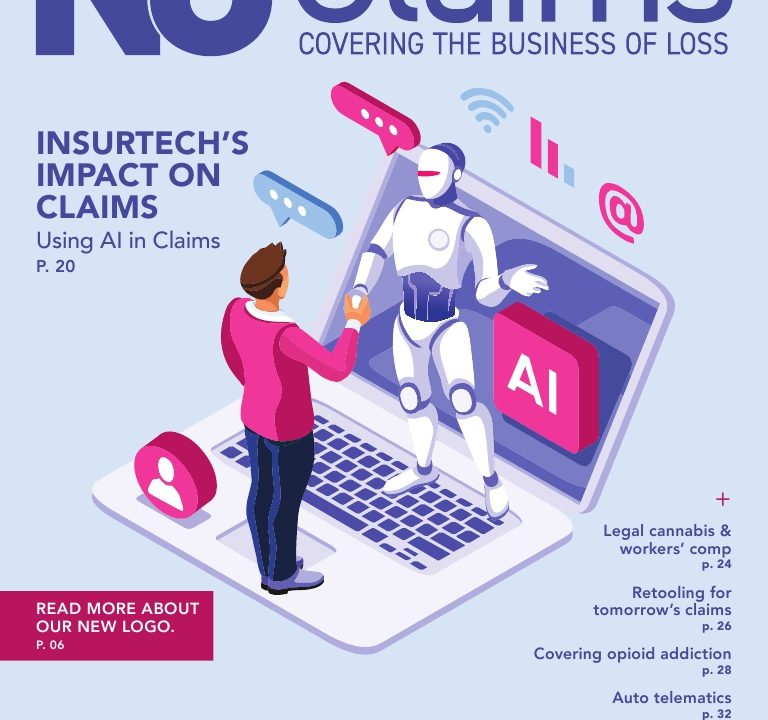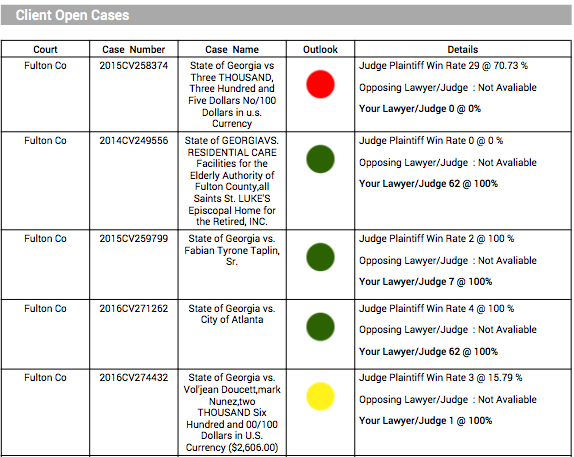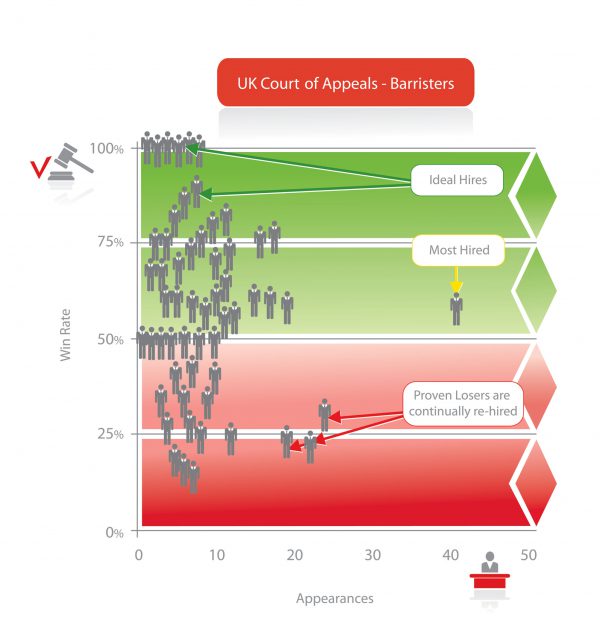ALM Lists Premonition in Top 20 Legal IT Innovations 2017
ALM Lists Premonition in Top 20 Legal IT Innovations 2017

How did two boys who grew up together as north London neighbours end up assembling the largest database of lawsuits on the planet? That is what Toby Unwin and Guy Kurlandski, respectively CIO and CEO of Premonition Analytics, have done over the last three years since they cofounded the business together.
As Brits living in the US, both men were on the receiving end of “frivolous” litigation. “Americans like to sue a lot,” says Kurlandski (pictured). “That happens 41,000 times a day in the US – 15 million civil law suits a year.” Among the impressive array of statistics at his fingertips, one in particular stands out: of all the litigation that occurs worldwide, in monetary terms roughly 95% happens in the US. It is therefore one of the biggest expenses for many US corporations.
As a result of his case, Kurlandski started to look for a lawyer in Florida. “Nearly 120,000 attorneys in the state with 17,000 active attorneys in Miami-Dade county alone, how could I possibly navigate that? How do I know which one is any good?” For various reasons, neither he nor Toby had much faith in the legal directories, legal awards or other published information. “We said to each other: there must be a better way.”
The result was Premonition Analytics: a system that identifies which lawyers win before which judges, how often and where. To capture the data was no easy task. “We started with Orange County, working on our machine learning to understand it,” says Kurlandski. They examined the individual court systems throughout the US. “To the best of our knowledge, it’s over 3,000,” he says. “They all run different systems, different URLs, 87% provide online access, but they are completely different, they write their dockets differently.”
To build a system that learns as it goes, Kurlandski explains, “we put our hands deep in our pockets to fund ourselves properly.” After 18 months, they compiled a system that covers the nation, providing win rates of attorneys across all 50 states. He adds: “Our system can go into all court systems. It extracts all the available data, including documents, decisions, motions, etc. so that we can get as full a string of information as is humanly possible.” This includes data by judge, type of case, court, district, and by attorney – and critically, their win rates.
“Generally you get what you pay for,” he says. “The legal market is the complete opposite. Big white shoe firms often have several thousand attorneys; most of them are not David Boies and never will be. Some are good – we’ve proof of that – and some are not, and there’s everything in between.” Choosing the right lawyer based on past performance can improve your odds of winning by 30%, he suggests.
“We were asked: can we do it by UCIS codes, lines of business codes,” he adds. “We developed that too. The insurance industry waned us to add in insurance lines of business. So we did. It’s a very positive tool for fine tuning the way claims are handled. Class action law firms also like the data. There are unlimited uses for it. Clients have more confidence to pay more if they know they’re getting the best.”
Although its principal focus is the US, Premonition has also compiled Canadian and UK data and is gathering information from jurisdictions as diverse as Brazil and India. “I do like telling lawyers about what we do because they think our data is very dangerous for them,” says Kurlandski. “It probably is if they are not very good, but if they are good there’s nothing to fear.”
Originally published in: (LWI Fulcrum Innovation Report 2017) Source: (ALM)





